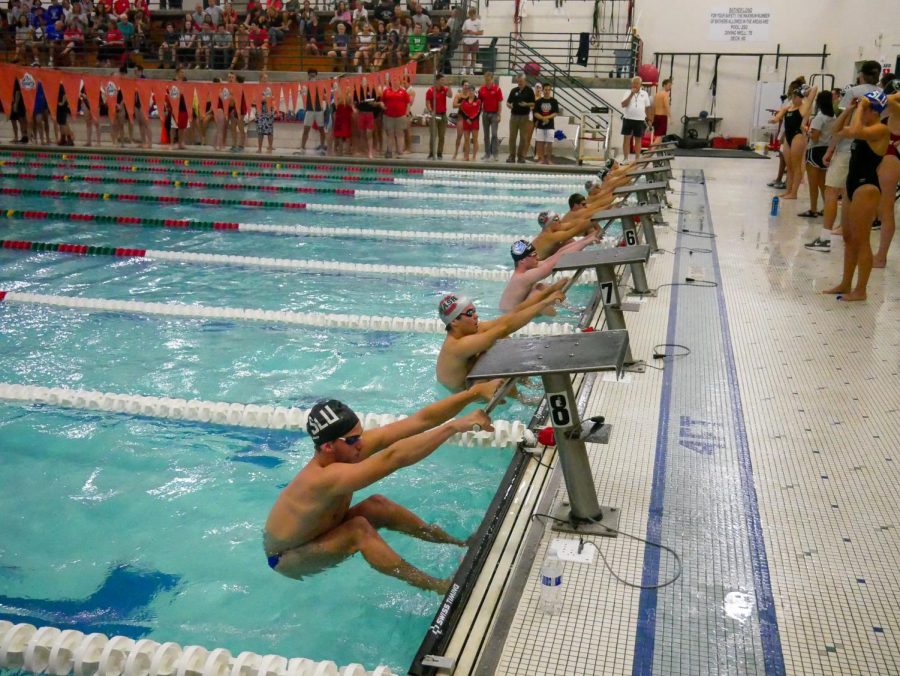Every Sunday afternoon during the college football season, fans and analysts alike clamor about after release of the latest top 25 rankings. Similarly, this past Wednesday, US News & World Report released their annual rankings of colleges and universities, creating an equally chaotic scene among prospective undergraduates and their parents. Only they’re not trying to decide who will participate in a silly Bowl Champion Series game; they’re determining the rest of these players’ lives.
Americans are obsessed with rankings: the best places to live, retire or work. The happiest places, the saddest places. But nowhere are rankings more ubiquitous than in sports and in higher education. And look no further than Father Biondi’s August Message for proof they matter to the administration.
“Our School of Law has also struggled with a drop in national rankings, falling out of the top 100 for the first time three years ago,” Biondi said.
Some schools have even channeled their inner Bernie Madoff to manipulate their position in the rankings. Emory University, ranked number 20 in last year’s edition, recently admitted to misrepresenting enrollees’ SAT scores and high school standing when reporting data.
The US News rankings have created a BCS-like framework: a handful of elite universities maintain their positions at the top, passing the crown around amongst themselves. Now that ten years of public outcry has led to the termination of the BCS system, isn’t it time the college ranking system experience the same fate?
The beauty of the NCAA Tournament is the acknowledgement that all schools can compete on a level playing field. Even little Butler University can make a run to face the mighty Duke Blue Devils in the National Championship game. It’s time for universities to put their egos aside and acknowledge the truth that some schools (yes, schools you’ve never even heard of) are also very good at educating young people. Much like college football has managed to keep Boise State and TCU outside its gated community, the most elite of higher education institutions have managed to maintain their place atop the ivory tower with little tumult.
Rankings work in sports for a few reasons. First, teams have to prove themselves on the field every week. Second, it’s a much simpler task judging the ability of a small team to score a few touchdowns or baskets than it is judging the ability of a vast institution to educate an even more vast number of minds. Finally, rankings are produced to help crown a champion at the end of a season.
The only thing that dismantled the BCS system in college football was continuous uproar from the parties involved that the system was unfair and the realization that there was a better way.
And when it comes to ranking colleges, there certainly is a better way.
It’s imperative that administrators don’t become slaves to the rankings, eyeing any small jump as a success and resorting to any means to accomplish this goal. Rankings are not the end game. To build a respectable basketball program, one doesn’t simply bemoan their current position and set a goal to leapfrog the rankings. He hires a new coach, builds a new arena to attract new recruits, and pledges continued support and resources to the program. The rankings and accolades will follow in due time.
Too many schools now treat higher education rankings in this same manner, eyeing a higher ranking and not thinking of the means to attain it. The most important part is the process though, the graduates and young minds molded during the journey. As anyone who has played even intramural football can attest, it’s not the accolades that matter; it’s what happens in the meantime that’s the most fun and meaningful. And so it should be with higher education.















